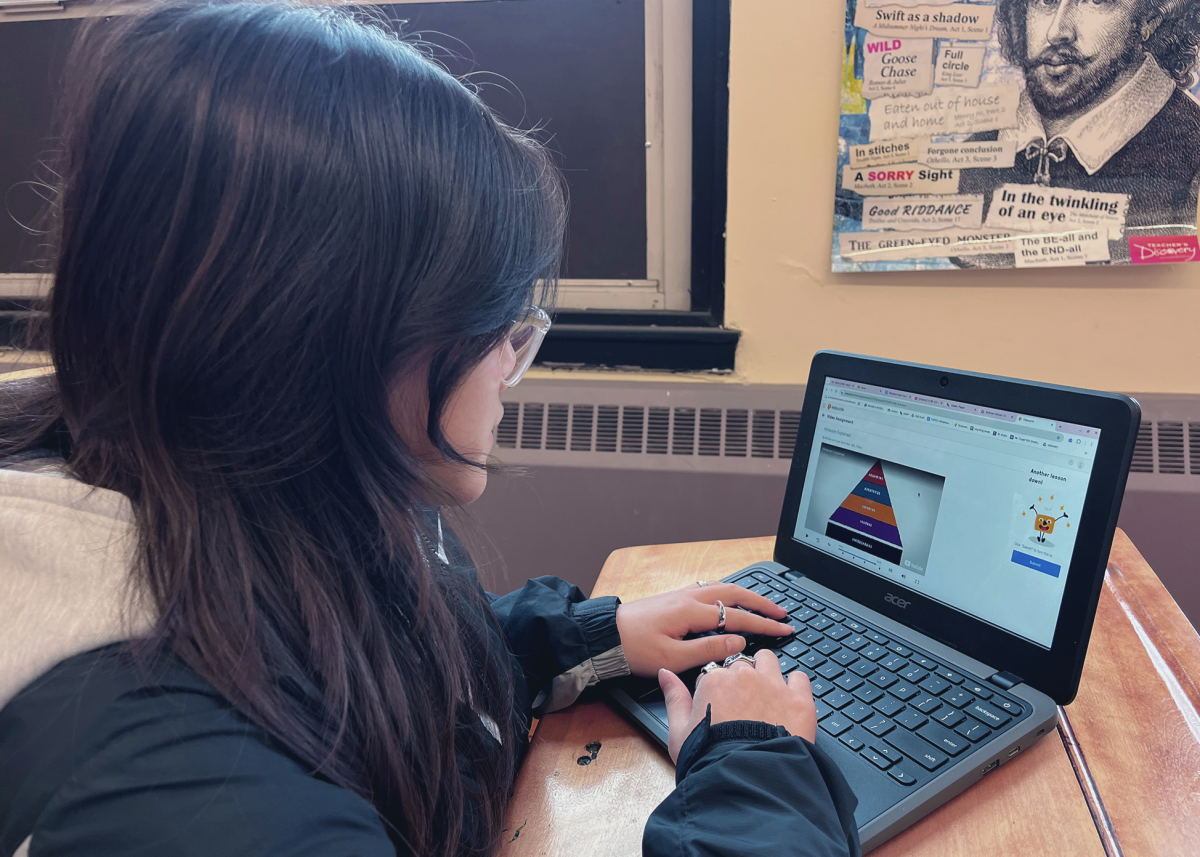It has been hours of studying for your AP World History test. You’ve watched all of Heimler’s History videos on the unit and are now quickly reading over your textbook. On the test, however, none of that work seems to have helped at all. You get a 52 percent. This is because the “studying” you supposedly did was just a form of passive learning. While definitions differ, most agree that passive learning involves only learning through absorbing information without producing any answers. Passive learning takes many forms, and it is ultimately a harmful strategy if used on its own.
Reading textbooks and watching videos always seem like good places to begin studying. They excel at clarifying confusion or providing examples because they often contain thorough information. If used on their own, however, they become a form of passive learning. Just reading a chapter or binging videos might bring more short-term understanding but is unlikely to help with long-term information retention. It instead leads to mindless content consumption without gaining a deeper understanding of the material. Passive learning is the reason why many students may study for hours upon end but do not see substantive results reflected in their classroom performance or knowledge.
This does not mean that these resources are not useful at all, though; they just need to be paired with an active strategy, such as notetaking, to achieve the highest benefits and efficiency of studying. Boston Latin School history teacher Mr. Brian Smith explains, “I saw another [student] who was actually watching [the video] at a normal speed and taking notes at the same time. […] So the point is that [the] person actually watched it actively.” Reference materials can be wonderful resources when used correctly. Their effectiveness is often reduced, however, when students take them at face value.
This strategy can also be damaging to language learning. Watching movies or TV shows in a student’s target language can help, but it is foolish to imagine that this strategy alone will magically make one fluent. It is still important to use flashcards or online tools like Linguno to help learn vocabulary and grammar. It is also vital to practice speaking either with other learners or with native speakers to make sure one has practice interacting with others in their target language and applying the concepts they learn.
It is true that passive learning often carries good intentions, with many students sharing their preference for videos in feedback to teachers. Excessive passive learning in classrooms, however, can cause a dearth of participation and understanding of material. Engagement is important, and it should not have to come at the expense of learning.
BLS McCarthy Center Director Ms. Rose Delorme-Metayer argues that engagement is more affected by content rather than medium, saying, “Young people need to be able to see themselves reflected in those concepts in order for them to be motivated to learn it. And so, for instance, if I’m learning history, but we never learn about the Haitian Revolution, then as a Haitian descendant, I’m uninterested in the history.” As Ms. Delorme-Metayer argues, passivity may be caused by only teaching and learning about common textbook topics that often exclude diverse voices.
It is up to both teachers and students to collaborate for the best results. Students must be willing to do more active forms of learning such as note taking, recognizing that although it requires more brain power, it is worth it for our learning outcomes. Favour Okafor (IV) argues, “First, teachers should teach the topic to the best of their ability, then the students should have some way of active learning for it to stick, [like] stations [a]round the room with different problems or a practice worksheet with answers. A simple practice test before a test is also a way of recalling the information already absorbed.” Passive learning may seem like the easier option, but in the end, it won’t take you very far.
Categories:
Passive Learning Is a Massive Problem
By Ellie Fung (IV), Staff Writer
May 3, 2025
0








